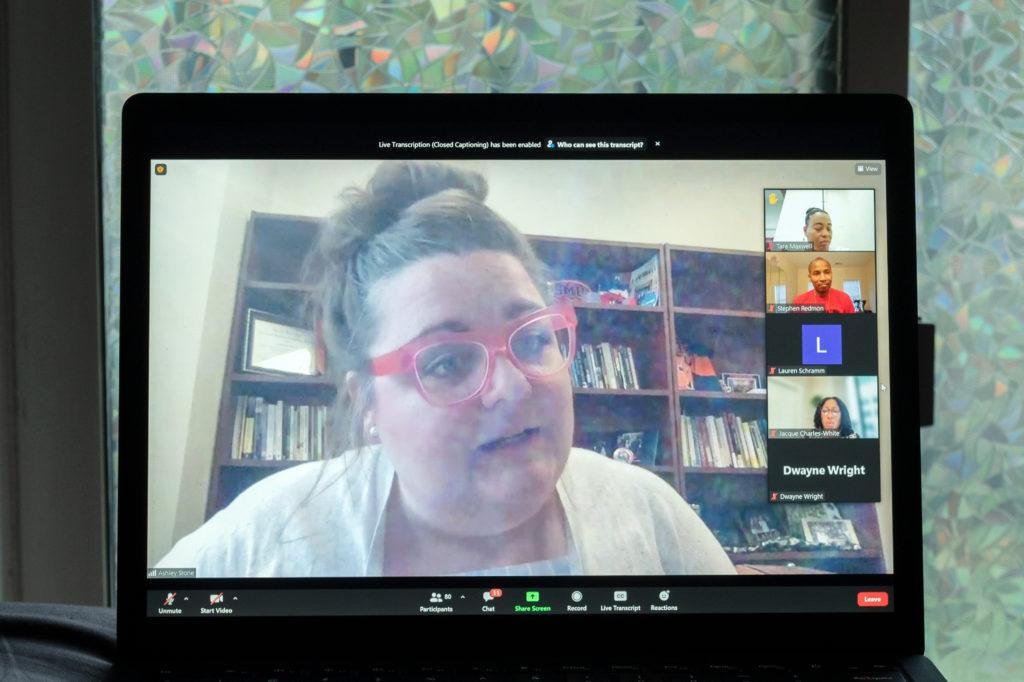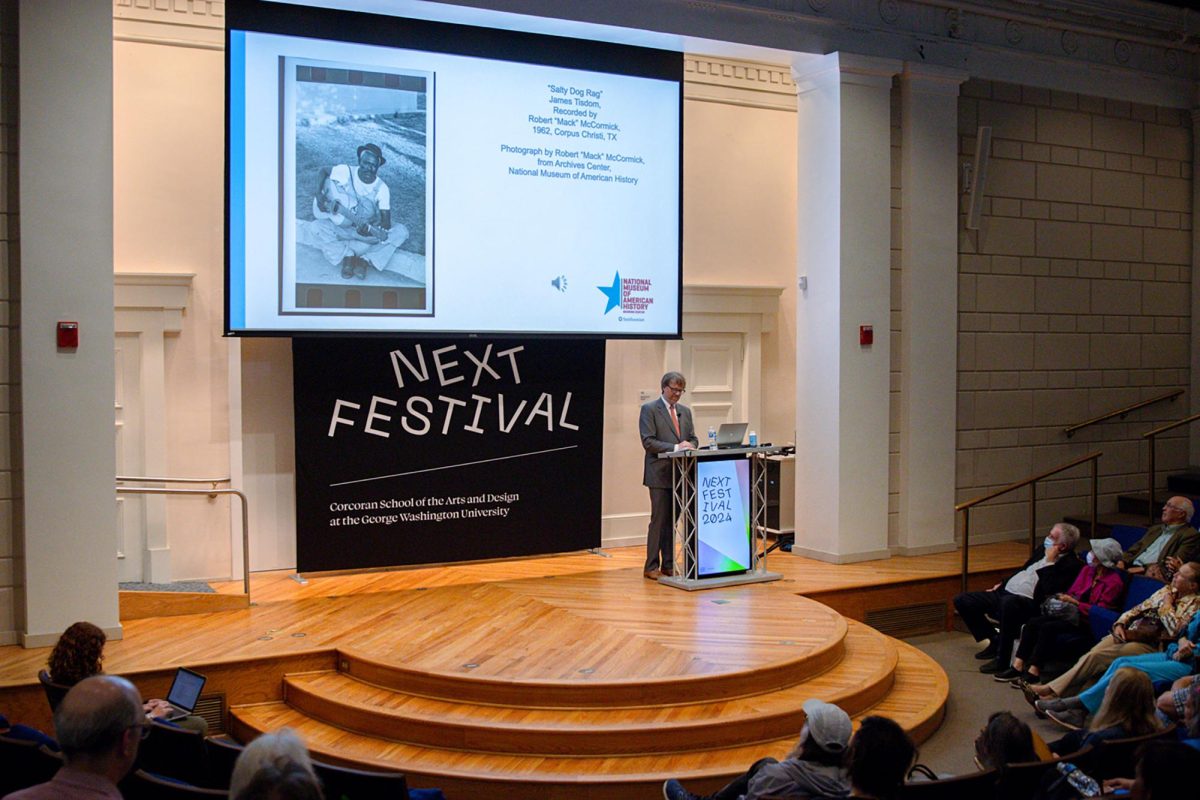The Graduate School of Education and Human Development hosted a virtual workshop on the fundamentals of critical race theory Wednesday, discussing the intersectionality of racism and white privilege.
Ashley Stone, a clinical assistant professor of education at Southern Methodist University, discussed the conscious and unconscious forms of racism, the norming of whiteness and the misconceptions of critical race theory at the workshop. Dwayne Wright – an assistant professor of higher education administration and the director of diversity, equity and inclusion initiatives at GSEHD – moderated the event, a three-part workshop series centered on critical race theory.
Stone said throughout American history, people have worked to be objective when seeking out solutions to racism, but objectivity actually disguises racism in laws, psychology and American society and culture. She said this “objectivity” includes legislation that ignores racism while claiming to be race-neutral and colorblind theories that overlook racial lines and benefit those in power.
“It is so ingrained within American life – laws that are even intended to remedy racial injustice are often undermined before they can even fulfill their goals,” she said.
Stone said critical race theory includes tenets – like the intersectionality of race and racism, experiential knowledge and a commitment to social justice – set by Daniel Solórzano, a professor of social science and comparative education at UCLA. She said these principles also include goals, like detaching racism from American laws and dismantling other forms of oppression like sexism.
Stone said Solórzano’s tenets place critical race theory in the context of education and closely relate to her own work, challenging dominant ideologies and maintaining an interdisciplinary perspective.
“What we’re wanting to do is really build a foundation of understanding what critical race theory is to advance sort of the conversations that will come later today so that people feel like they’re on stable footing to engage with those,” she said.
Stone said racism in America occurs on a micro and macro level – defined as microaggressions, a commonly acknowledged form of racism — and systemic forms of oppression that have persisted from generation to generation. She said legislation that enables racism, like educational segregation, can have a lasting impact and disadvantage communities of color.
“Even when those new pieces of legislation policy or laws are inactive on top of that old system that creates that disparity, even when they are race neutral, they continue to create those racial disparities,” Stone said.
She said communities must eliminate other forms of oppression that interest with racism, like sexism and xenophobia, to end racism as a whole. Stone said a commitment to social justice should not just serve to inform people but should also motivate them to end systemic racism.
“Understanding the ways in which bringing all of these different components are a part of addressing if it’s a society wide problem and it’s embedded in all of our systems, we need all of these different ways of understanding the issue if we’re going to truly move forward and seek to create change,” Stone said.
Stone said terminating racism requires the involvement of those who actually experience racial discrimination, like people of color. She said spreading awareness about the experiences of people of color will best counter systemic racism.
“We’ve never really torn down those systems and built something new in their place,” Stone said. “At most, we have tried to fix a system that is inherently flawed.”







